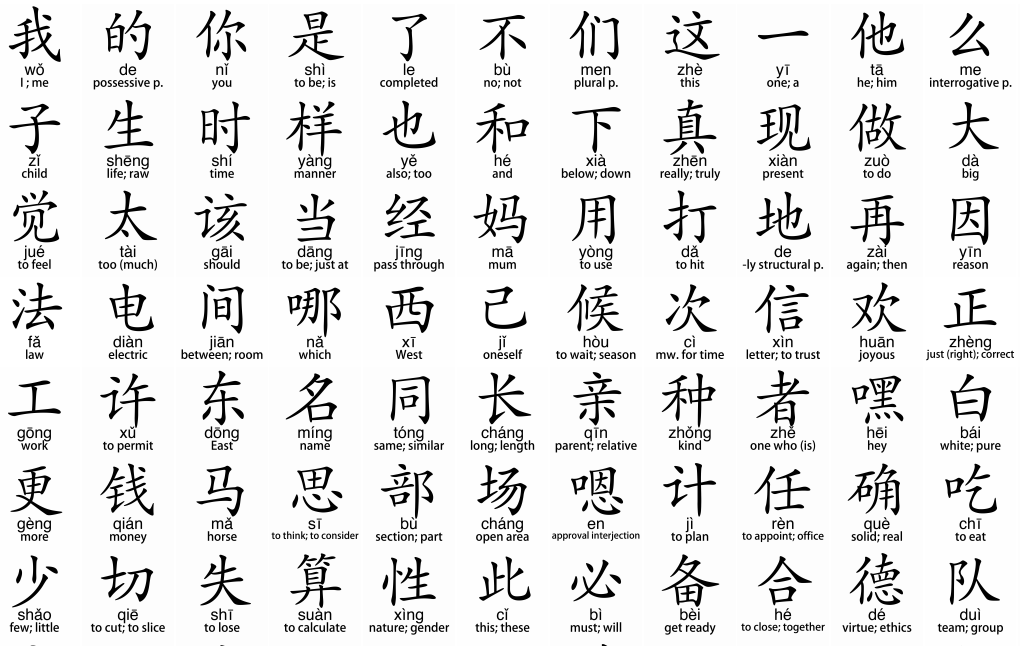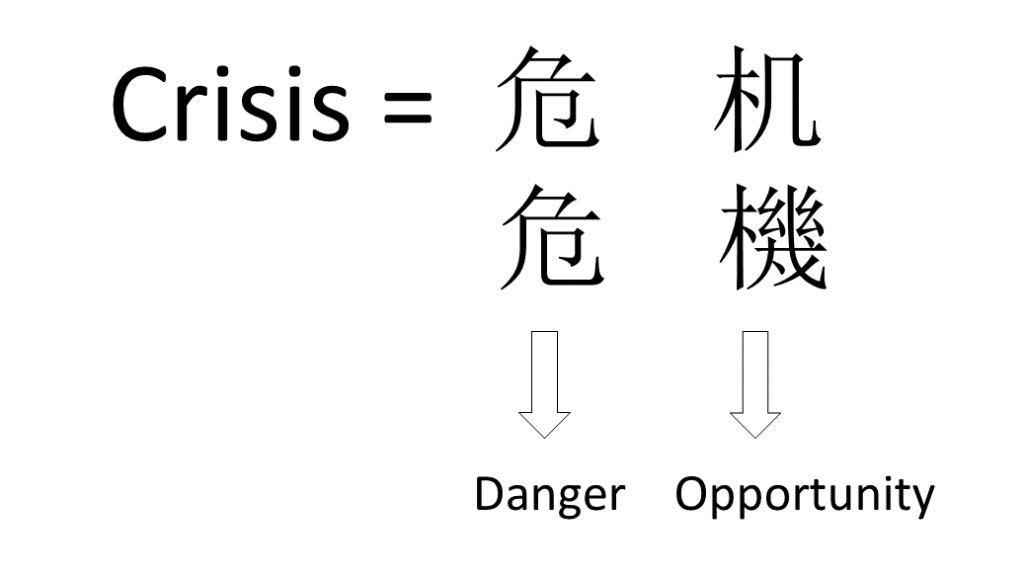Cantonese vs Mandarin: A Traveler’s Guide to Chinese Languages

Are you planning a trip to China and wondering about the languages you’ll encounter? You’re not alone. Many travelers are curious about the differences between Cantonese and Mandarin. Let’s explore these fascinating Chinese languages and how they might affect your travel experience.
Table of Contents
The Linguistic Landscape of China
China is home to a rich tapestry of languages and dialects. Mandarin is the official language of China and the most widely spoken. But Cantonese holds its own, especially in southern regions.
Mandarin: The Lingua Franca
Mandarin, or Putonghua, is China’s go-to language. It’s the tongue you’ll hear most often in:
If you’re learning Chinese for your trip, Mandarin is your best bet. It’s the language of business, education, and media across the country.
Cantonese: The Southern Star
Cantonese shines bright in southern China. You’ll hear it most in:
It’s known for its musical tones and rich cultural heritage.
Similarities and Differences
Both Mandarin and Cantonese are tonal languages. They share many Chinese characters in writing. But spoken? They’re quite different.
Writing Systems
Both languages use Chinese characters. But there’s a twist:
- Mainland China uses simplified characters
- Hong Kong and Macau use traditional characters
For travelers, this means signs might look a bit different depending on where you are.

Pronunciation and Tones
Here’s where things get tricky. Mandarin has 4 tones, while Cantonese has 6 to 9. This makes Cantonese pronunciation more complex for learners.
Mutual Intelligibility
Can Mandarin and Cantonese speakers understand each other? Not really. They’re about as different as English and German.
The Tea Connection: A Taste of Chinese Culture
No discussion of Chinese languages is complete without mentioning tea. Chinese tea culture spans both Mandarin and Cantonese-speaking regions.
Tea Ceremonies in Mandarin-Speaking Areas
In Beijing or Shanghai, you might enjoy a gongfu tea ceremony. The host will likely explain the process in Mandarin. Listen for terms like:
- Chá (茶): tea
- Lóngjǐng (龙井): Dragon Well tea
- Gōngfū chá (功夫茶): gongfu tea ceremony

Cantonese Tea Culture
In Guangdong or Hong Kong, yum cha (飲茶) is a popular tradition. It combines tea drinking with dim sum. You might hear:
- Yum cha (飲茶): drink tea
- Siu mai (燒賣): a type of dim sum
- Pou lei (普洱): Pu’er tea
Choosing Which Language to Learn
For most travelers, learning some basic Mandarin will serve you well. It’s widely understood and easier to pick up than Cantonese.
Why Learn Mandarin?
- It’s the official language of China
- Widely spoken across the country
- Simpler tonal system
- More learning resources available
When to Consider Cantonese
- If you’re spending most of your time in Guangdong or Hong Kong
- You have a specific interest in Cantonese culture
- You enjoy a linguistic challenge
Travel Tips for Language Navigation
- Learn basic Mandarin phrases before your trip
- Download a language app for on-the-go translations
- Carry a phrasebook with both Mandarin and Cantonese
- Don’t be afraid to use gestures and smiles

Embracing the Language Adventure
Whether you’re sipping tea in a Beijing hutong or navigating Hong Kong’s streets, language is part of the journey. Embrace the challenge and enjoy the cultural insights it brings.
Remember, most Chinese people appreciate any effort to speak their language. Your attempts at Mandarin or Cantonese will often be met with smiles and encouragement.
Final Thoughts
The Cantonese vs Mandarin question isn’t about which is better. It’s about appreciating China’s linguistic diversity. Both languages offer a window into Chinese culture, history, and way of life.
So, as you plan your China adventure, keep an open mind and an open ear. Listen for the musical tones of Cantonese in Guangzhou. Practice your Mandarin while ordering tea in Xi’an. Each interaction is a chance to deepen your understanding of this fascinating country.
Ready to experience the linguistic tapestry of China for yourself? Start planning your trip with Travel China With Me. We’ll help you navigate the language landscape while exploring all that China has to offer.
Remember, in the world of Chinese languages, every word is a step closer to understanding. So, pack your bags, bring your curiosity, and get ready for an unforgettable journey through the sounds and flavors of China.








